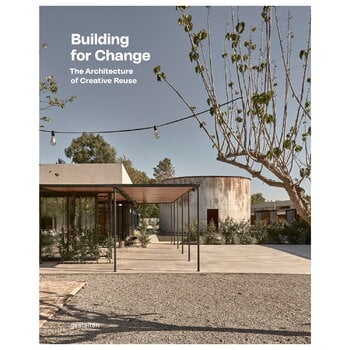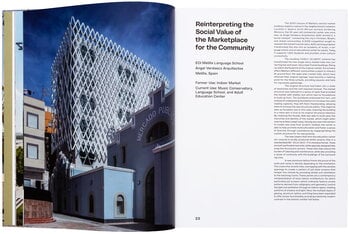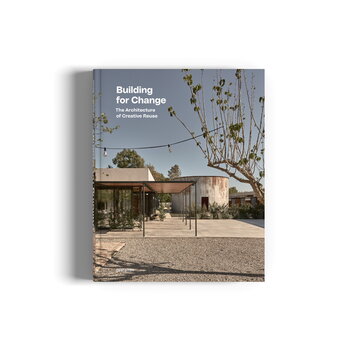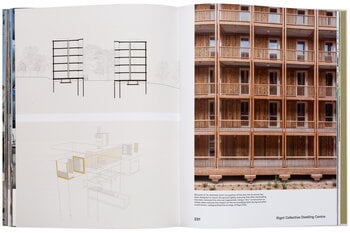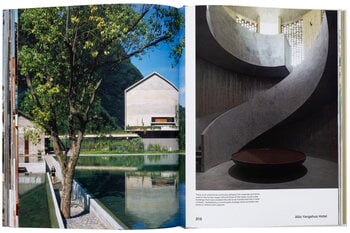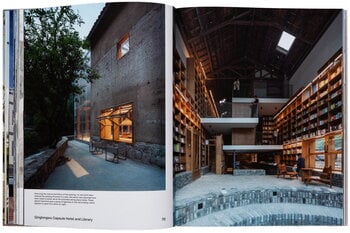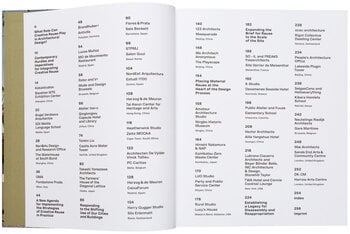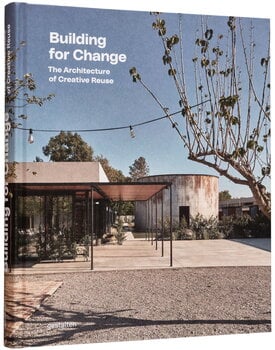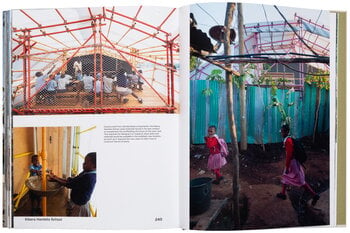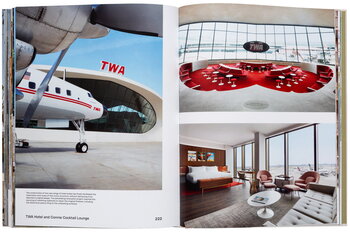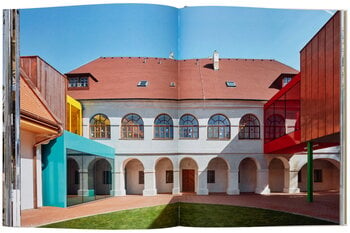Building for Change - The Architecture of Creative Reuse, published by Gestalten, explores architecture from a climate change perspective. The growing need for space and diminishing natural resources are forcing architects to find new ways to use existing facilities and buildings. The book dives deep into the architecture of reuse and the architects whose groundbreaking projects are helping to build a better future – by constructing more sustainable and reusable buildings and structures.
How can we build a sustainable future in a time of climate change and dwindling resources? As our spatial needs begin to evolve more rapidly, architects are exploring ingenious ways in which to reuse and recycle existing buildings; resulting in a stunning transformation of our existing urban fabric.
Building for Change collects the strategies of reuse together, demonstrating their power for change through groundbreaking projects from some of the world’s leading architects. From waste repurposed as construction materials, to buildings reworked with canny spatial interventions, and modular structures designed to be dismantled, discover how the architecture of creative reuse is helping us build a better tomorrow.

